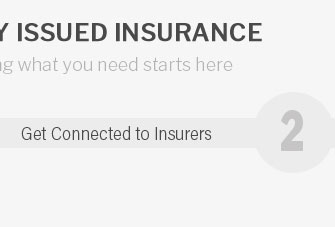 |
 |
 |
|---|
 |
 |
 |
 |
|---|
 |
 |
 |
 |
 |
 |
|---|

|
hdual43m8wf Low Mileage Car Insurance: Understanding Benefits and OptionsLow mileage car insurance offers a tailored solution for drivers who do not use their vehicles frequently. By understanding the specifics of this type of insurance, you can potentially save on premiums. What is Low Mileage Car Insurance?Low mileage car insurance is a policy designed for drivers who cover fewer miles each year. Insurers offer discounts because these drivers are statistically less likely to be involved in accidents. Who Benefits from Low Mileage Insurance?
How to QualifyQualifying for low mileage insurance typically involves providing proof of your annual mileage. Insurers may require an odometer reading or use tracking devices to verify distance traveled. Advantages and DisadvantagesAdvantages
Disadvantages
For those living in specific regions, like Pinellas County car insurance, local providers might offer specialized low mileage options. How to Find the Best PolicyComparing quotes is crucial. Use online tools to get a rapid car insurance quote to see what different insurers offer. Frequently Asked QuestionsWhat defines 'low mileage' for insurance purposes?Typically, low mileage is defined as driving fewer than 7,500 to 10,000 miles per year, although this can vary by insurer. Do all insurers offer low mileage discounts?Not all insurers provide low mileage discounts. It's essential to check with individual companies to understand their policies. Can I switch to low mileage insurance anytime?Yes, you can switch if you qualify, but you might need to provide proof of mileage at the time of switching. Understanding low mileage car insurance can lead to significant savings while ensuring you have adequate coverage for your driving needs. https://www.nationwide.com/personal/insurance/auto/discounts/smartmiles/
SmartMiles is car insurance for low-mileage drivers. It's the same great coverage as a traditional Nationwide auto policy, but with a flexible monthly rate. https://www.progressive.com/answers/low-mileage-insurance/
Driving fewer miles also reduces wear and tear on your vehicle, which can lead to fewer mechanical failure-related claims. Insurers often ask how many miles you ... https://www.allstate.com/auto-insurance/milewise
Pay-per-mile car insurance is designed to empower low-mileage drivers with transparency ...
|
|---|